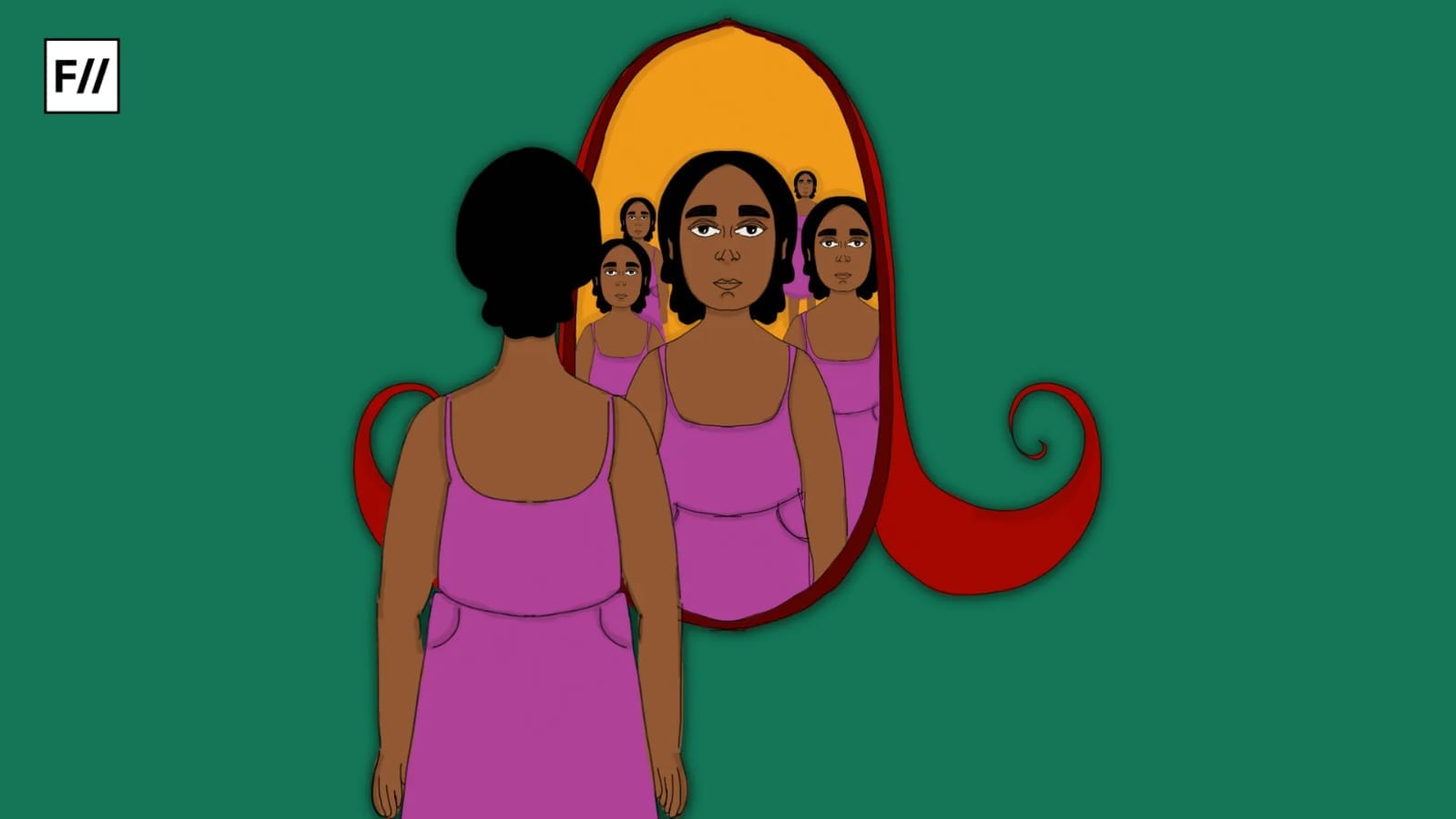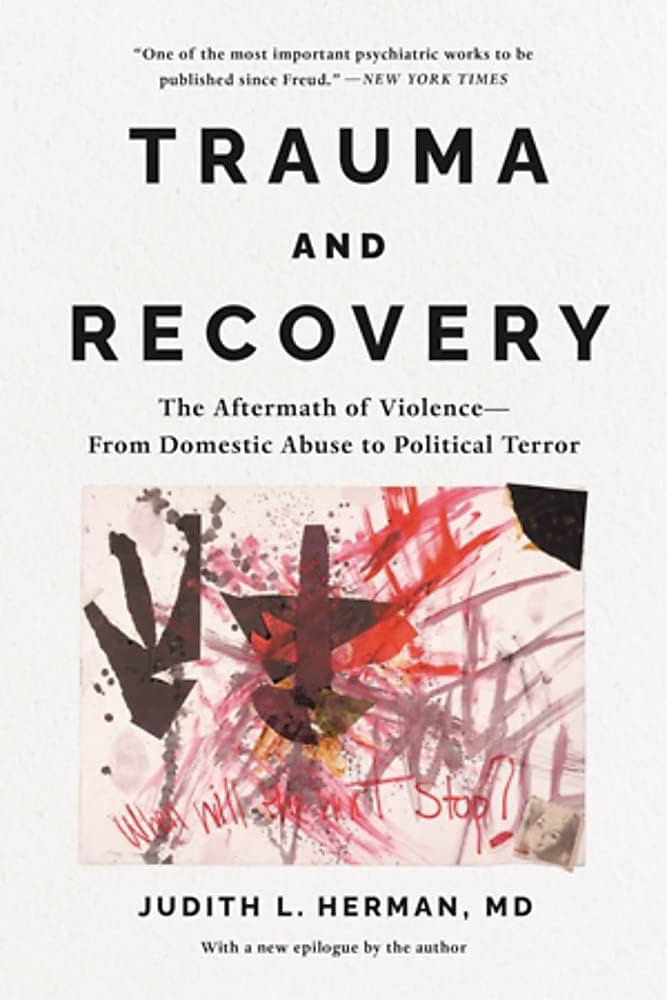Who gets to remember and who does not? These are some central questions that Memory Studies seeks to answer. Memory Studies is an interdisciplinary field that connects sociology, psychology, history, and cultural studies at its core level. But when it is viewed through a feminist and gendered lens, memory studies become not only a matter of academic inquiry but also a strong form of resistance.
Feminist memory work tells us that forgetting has always been intentional, while also being shaped by systems of power. While his archives have always been centered around wars, leaders, and institutions, they have frequently overlooked the everyday lives of women and marginalised communities. It urges us to rethink how memory was constructed, who controlled it, and what the consequences are when certain white voices are continuously silenced. The feminist approach to memory opened up space for reclaiming forgotten histories, validating the lived experiences of all, and building archives of resistance that are more inclusive and just.
Memory is political
Memory is not just about the past. It is political and shaped by who has power and whose stories are considered important enough to be remembered. What a society chooses to remember and what it chooses to forget is almost never neutral. As theorist Pierre Nora explained with his idea of lieux de mémoire, or “sites of memory,” institutions often create physical places, rituals, and symbols that reflect the dominant version of its history. These usually focus on political events, wars, or national heroes, who are often male, upper caste, and upper class.
Feminist scholars have noted that mainstream memories often leave out the everyday lives of women, Dalits, Adivasis, and queer people. Things like domestic work, caregiving, sexual violence, and local activism are often seen as “unimportant” or “too personal” to be part of public history. Because of this, collective memory can end up silencing these voices.
Feminist interventions: reclaiming the forgotten
Feminist memory studies try to recover what has been lost, overlooked, or intentionally hidden. It focuses on personal stories, oral histories, diaries, and community traditions, and in doing so, feminist scholars and activists built what is often called counter-memories. These are the memories that push back against dominant historical narratives and create space for voices that have long been ignored by the mainstream.
A key concept that we’ll find here is post-memory, which is developed by a feminist scholar, Marianne Hirsch. Post-memory describes to us how trauma and memory are passed down to future generations not through direct experiences but through stories, photos, and often silence. For instance, survivors may not have lived through these events themselves but they often carry a deep emotional connection to these events that often shape how they see the world.
For instance, survivors may not have lived through these events themselves but they often carry a deep emotional connection to these events that often shape how they see the world.
This idea is very important in feminist work because many women inherit trauma through silence. Topics like sexual violence, migration, or social stigma are often not openly talked about by our mothers or grandmothers but their impact still lingers. Feminist post-memory helps to name, trace, and give meaning to these quiet inheritances that we often see in life.
Gendered trauma and embodied memory
Memory is not only stored in the mind, but it is also held in our bodies. Feminist scholars have argued that gendered trauma, such as sexual violence, domestic abuse, or control over reproduction often leaves behind emotional imprints. Survivors may forget or suppress certain events but the body remembers through anxiety, chronic pain, or emotional triggers.
Judith Herman explains to us in her influential book Trauma and Recovery that trauma can take away our ability to form clear and coherent narratives. People who have gone through gender-based violence often struggle to express or make sense of what they’ve been through. This silence is not a sign of weak memory but rather a reflection of how deeply this sort of trauma can affect both the brain and the body.
Building on this, we have the concept of unclaimed memory introduced by Cathy Caruth in Unclaimed Experiences. Unclaimed memory is where traumatic experiences can resurface often in a fragmented and confusing manner rather than as a clear memory. Feminist perspectives on trauma and memory emphasise the importance of acknowledging these fractured experiences. They argue that even silence, disconnection, or partial recollections hold meaning and should be included in both historical narratives and our personal accounts.
Memory and feminist literature
Storytelling is central to feminist memory work. Memoirs, autofiction, protest poetry, and speculative fiction have served as alternative archives that recorded experiences that have been excluded from the dominant narratives. Authors like Toni Morrison, Virginia Woolf, and Mahasweta Devi have centred voices that were often silenced, such as those of Black women, poor women, and women under colonial rule.
Authors like Toni Morrison, Virginia Woolf, and Mahasweta Devi have centred voices that were often silenced, such as those of Black women, poor women, and women under colonial rule.
We also have contemporary writers such as Carmen Maria Machado who explore how memory connects with trauma, sexuality, and resistance. This shows us that memory is not neatly organised but is often messy, emotional, and fragmented.

On the other hand, it also plays a role in preserving memory. There are practices like quilting, embroidery, performance, and digital storytelling which help us archive our stories and resist official narratives through creative expression.
Queering memory
Feminist memory theory intersects with queer theory, particularly when it comes to challenging heteronormative timelines. Traditional models prioritise heterosexual marriage, childbirth, and national service as milestones of a life that is considered worth remembering. Queer life, which often includes chosen families, non-linear paths, and grassroots activism, frequently falls outside these norms.
Queer memory makes space for the messiness of real life: its silences, emotional layers, and fragmented stories. It does not try to fit everything into a neat or traditional narrative. There are projects like QAMRA (Queer Archive for Memory Reflection and Activism) are doing the important work of saving LGBTQIA+ histories in India, stories that have often been ignored, erased, or punished just for existing.
There are projects like QAMRA (Queer Archive for Memory Reflection and Activism) are doing the important work of saving LGBTQIA+ histories in India, stories that have often been ignored, erased, or punished just for existing.
Queering memory is not only about inclusion but it redefines how memory itself is structured, interpreted, and valued.
Towards a feminist archive of resistance
In the end, Memory is not just about looking back but it also shapes the future. Feminist scholars and activists who uncover forgotten or silenced histories help open up space for new kinds of connection, justice, and healing. In cultures where forgetting is often shaped by systems like censorship and patriarchy, remembering becomes a powerful and political act.

In India, efforts such as the Indian Memory Project and feminist-led digital archives show how memory can be a collaborative effort that honors pain, resilience, and voices often left out of official history.
When we think about memory through a feminist lens, it becomes clear to us that remembering isn’t just about the past. It’s shaped by power, inequality, and who gets to tell the story. What society chooses to remember or forget affects not just how we see history but also how we live today and imagine what is possible tomorrow.
Feminist memory work pays attention to stories that often get ignored. It values real and lived experiences especially from those who’ve been pushed to the margins. In a world that often tells women and marginalised people to stay quiet or move on, remembering can be a powerful act of defiance and a step toward real change.
About the author(s)
Juhi Sanduja is an Editorial Intern at Feminism In India (FII). She is passionate about intersectional feminism, with a keen interest in documenting resistance, feminist histories, and questions of identity. She previously interned at the Centre of Policy Research and Governance (CPRG), Delhi, as a Research Intern. Currently studying English Literature and French, she is particularly interested in how feminist thought can inform public policy and drive social change.







